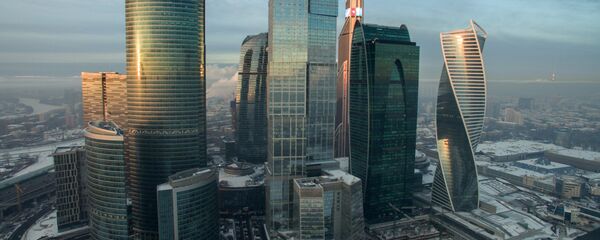German business sees great potential in the Far Eastern region, that's why the European country's companies are interested in investing into the region, Graf noted.
"Of course, the Far East is far from Germany, and the zone of Germany's interests lies somewhere to the west, but it is quite obvious that the Far Eastern region is a territory with huge potential and a great need for infrastructure. And here German enterprises have much to offer. Therefore, it is very important and interesting for us to participate in the Eastern Economic Forum, where various topics are discussed. These are such issues as renewable energy, gas processing, and agriculture," the German economist said in an interview with Sputnik Germany.
"In the Far East, we are exploring the opportunities that the region can offer," he stated.
Commenting on the issue of sanctions, Graf stated that the Russian-German economic dialogue has been intensively developing in spite of the restrictive measures.
"The trade turnover this year has increased by 25%. Of course, without sanctions, it would be even more intense, as the sanctions have a psychological effect on entrepreneurs and lead to certain difficulties in projects being implemented, but firms have already adapted to the new conditions," Graf stated.
The economist cited the launch of a large-scale international project, the world's largest X-ray laser in Hamburg as an example of fruitful cooperation. Russia with its 25% stake is the largest participant in the project.
Moscow has vehemently denied the allegations and introduced countermeasures against the countries that targeted it with sanctions.
Since then, many German companies have repeatedly demanded the removal of anti-Russian sanctions as they negatively affect business relations between the countries. According to a survey conducted by DWN, more than one third of German companies think that anti-Russian sanctions have a serious negative impact on bilateral business cooperation between the two countries.



